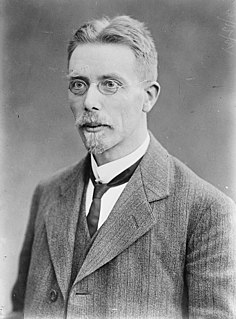Top 20 Quotes & Sayings by August Krogh
Explore popular quotes and sayings by a Danish scientist August Krogh.
Last updated on April 14, 2025.
I found it possible to observe at least the superficial capillaries of muscles both in the frog and in mammals through a binocular microscope, using strong reflected light as a source of illumination. Resting muscles observed in this way are usually quite pale, and the microscope reveals only a few capillaries at fairly regular intervals.





















